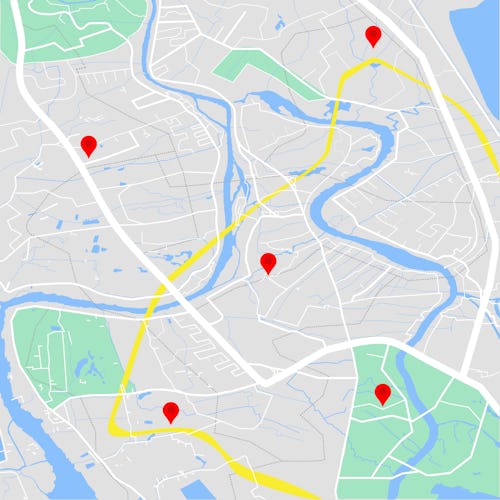
On Monday, the ACLU published documents that it obtained as part of a Freedom of Information Act (FOIA) lawsuit showing how the U.S. government has used smartphone location data in investigations.
In a public post, the ACLU writes that government agencies are “sidestepping our Fourth Amendment right against unreasonable government searches and seizures by buying access to, and using, huge volumes of people’s cell phone location information quietly extracted from smartphone apps.” Several agencies, including the Department of Homeland Security (DHS), Customs and Border Protection, and Immigration and Customs Enforcement (ICE) have accessed personal data without a warrant. They purchase the information from sketchy data brokers.
Two companies specifically mentioned are Venntel and Babel Street, which package large-scale data into formats that law enforcement can purchase (with your tax dollars) and use in investigations. Babel Street and Venntel have been in the news before — back in 2020, documents from a different FOI request revealed details about Babel Street’s product that allows investigators to see which mobile devices were in a certain area at a certain time — and then to see where else those devices traveled. In addition, Venntel, a similar company that’s a subsidiary of the Virginia-based Gravy Analytics, was first reported to have contracts with the U.S. government in February 2020.

Is any of this allowed? —
Not really. Back in June 2018, the U.S. Supreme Court ruled that the government needs a search warrant to access cell-tower location data for phone accounts, in the case Carpenter v. United States. Senator Ron Wyden, a Democrat from Oregon, has proposed legislation called the Fourth Amendment is Not For Sale Act that would ban warrantless access to citizen data. Today, there is a House Judiciary Committee hearing on government access to the personal data of its citizens.
People seem generally unaware that their location data is packaged up by third-party companies and then sold to law enforcement. You can follow along with the ACLU’s efforts to curb the nearly unmitigated data access.







